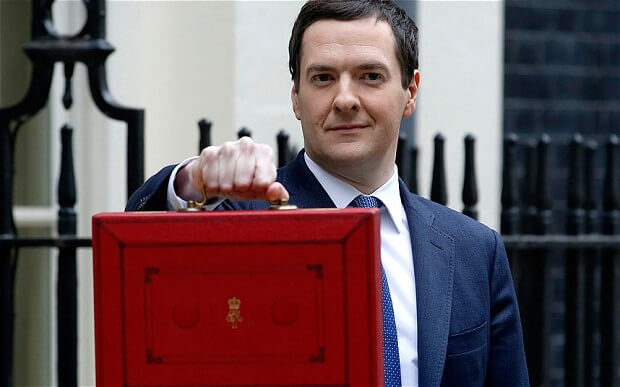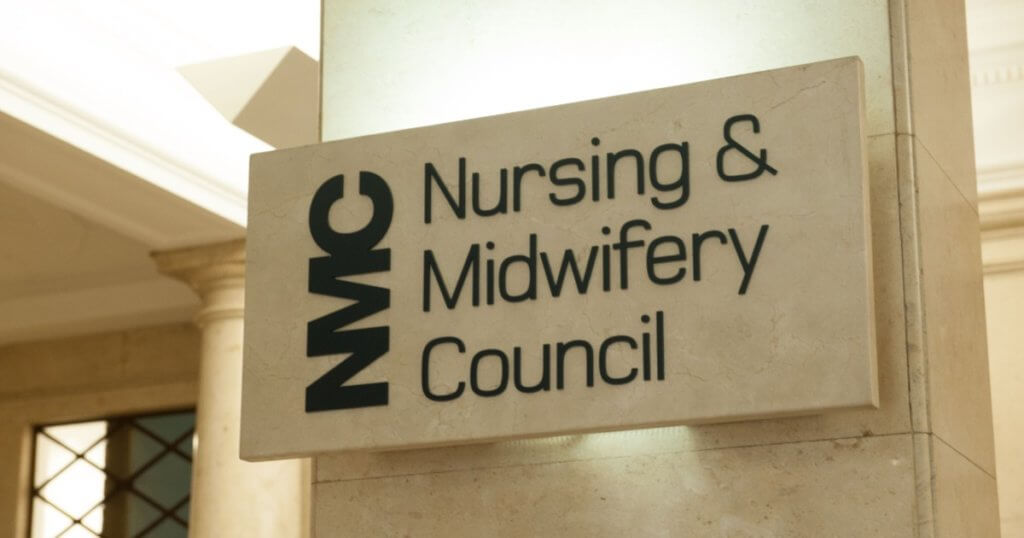The recently released budget is the first wholly Conservative budget in 20 years. It’s not surprising that a number of long-standing tax rates and provisions have been shaken up.
There are a number of expected and welcome changes, as follows:-
- A new National Living Wage will become compulsory from April 2016. Workers aged 25 and over will earn a minimum of £7.20 an hour, increasing to £9 an hour by 2020.
- The personal tax allowance (the amount people can earn before paying tax) is being increased to £11,000 from 2016/17.
- The Annual Investment Allowance – the maximum businesses can spend on capital equipment and claim 100% tax relief – is being set at a permanent £200,000.
- Corporation tax is being decreased to 19% from 2017 and 18% from 2020.
- The Employment Allowance is increasing by £1,000 to £3,000 from April 2016, meaning that the first £3,000 of an organisation’s Employer’s National Insurance bill does not need to be paid.
The government are aiming to run a surplus in 2019/20, and to achieve this while making the above tax breaks, money saving measures and tax increases are being implemented elsewhere.
Cuts to welfare include freezing benefits and capping Child Tax Credit to two children for babies born after March 2017. The government are also cracking down on tax evasion, fraud and organised crime. Some tax increases will affect many people, as described below:
Dividends
The new “simplified” taxation system on dividends penalizes people whose main source of income is dividends. Currently, dividends are paid from UK limited companies with a 10% tax credit, meaning that basic rate tax payers pay no further tax on dividend income. As from April 2016, dividends received up to £5,000 per annum will be tax free, and thereafter be taxed at 7.5% for basic rate tax payers. Higher rate taxpayers will pay 32.5% tax and those falling into the additional rate of tax will pay 38.1% of tax.
For the typical small limited company, where the director and shareholder is one person earning at the basic rate level of tax, this change will give rise to a personal tax liability for the first time in potentially decades.
Rental income
Landlords who are higher rate tax payers will only be able to claim 20% tax relief on finance costs. For professional landlords, this could give rise to significant tax bills and is therefore being gradually introduced over four years: in 2017/18, 75% of finance costs will be available for full tax relief (the remainder given as basic-rate relief). This 75% limit will be reduced 25% each year until 2020/21, when all finance costs will only give 20% tax relief.
The 10% wear and tear allowance on furnished properties is also being scrapped: from April 2016, tax relief is given on actual expenditure.
Pension Contributions
Most people can contribute up to £40,000 a year tax-free into a pension. From April 2016, this £40,000 allowance is reduced by a £1 for every £2 earned above £150,000, down to a minimum allowance of £10,000. Those who will be affected by this ought to talk to their pension adviser as considerably more tax relief could be available for pension contributions made before April 2016.



